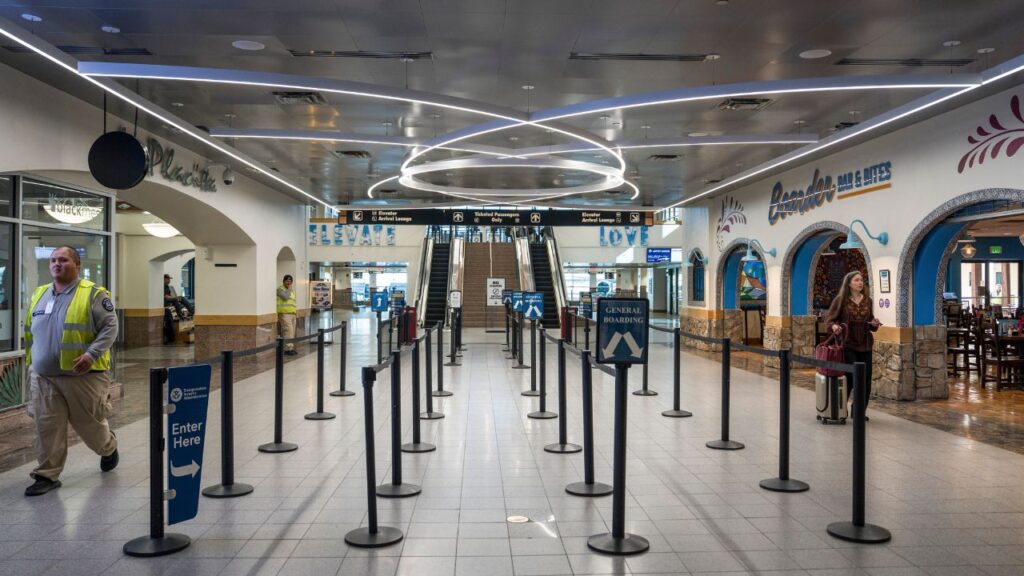Bills to boost solar projects in the Valley authored by Assemblymembers Emeralda Soria and Dr. Joaquin Arambula met different fates on Thursday. (GV Wire Composite/Paul Marshall)

- Assembly Bill 2661, which would increase the ability of Westlands Water District to develop solar projects, will get a vote by the full Assembly.
- Assembly Bill 2528, which would have streamlined cancellation of Williamson Act contracts to convert farmland to solar projects, was sent back to committee.
- Both bills were designed to increase development of solar power generation, storage, and generation in the region.
Share
|
Getting your Trinity Audio player ready...
|
Bills introduced this year by two state legislators from Fresno were written to allow Valley farmers to more quickly convert their land from agricultural use to solar projects and to give the Westlands Water District the authority to own electric generation, storage and transmission facilities within its district.
Assembly Bill 2528, introduced by Assemblymember Joaquin Arambula, D-Fresno, and AB 2661, authored by Assemblymember Esmeralda Soria, D-Fresno, initially were written to have statewide impacts but subsequently were revised to apply specifically to San Joaquin Valley counties and Westlands.
On Thursday, only one of the two bills got the green light. Thursday was the day that the Assembly Appropriations Committee determined which bills would move out of the suspense file. AB 2661 passed with several revisions and moves on for a future vote by the whole Assembly, while AB 2528 was returned to committee.
AB 2528 would have allowed owners of property in Fresno, Tulare, Kings, Madera, Kern, Merced, Stanislaus, and San Joaquin counties where the water basin is in “critical overdraft” to petition cities or counties for immediate cancellation of Williamson Act contracts and would have halved the cost of cancellation. The land could then be used for energy projects such as solar or wind generation, storage, and transmission.
Contracts Not Easy or Cheap to Cancel
Through Williamson Act contracts, farmers agree to keep their land in agricultural use in exchange for lower property tax assessments. To cancel a Williamson Act contract, landowners have to pay a cancellation fee equal to 12.5% of the land’s fair market value. The goal is to discourage leap-frogging development, especially on prime farmland.
AB 2528 also would have mandated a community benefits package that would have included local employment, water services, and electricity discounts.
The bill’s sponsor was the Large-Scale Solar Association, and its supporters included the Solar Energy Industries Association, American Clean Power, the Independent Energy Producers, the International Brotherhood of Electrical Workers, Western Growers, and the Ag Council, according to Arambula’s staff.
AB 2661, which initially would have applied to all water districts, was amended to be specific to Westlands. It would have required the California Public Utilities Commission to include in so-called “sensitivity analysis” on the potential for up to 30,000 megawatts — equal to 30 gigawatts — of new solar generation in the Valley, and then provide that analysis to the California Independent System Operator for its transmission planning process.
The bill also would have given Westlands the authority to generate solar power and build battery storage and transmission lines within the district.
Revisions Not Immediately Available
According to Thursday’s Appropriations Committee meeting the bill has been revised to remove that analysis requirement and also to “modify the district’s new authority.”
The bill’s new language was not immediately available Thursday. Soria’s staff expects they will be made public soon.
Arambula’s staff said Wednesday that the two bills were seen as “mutually beneficial,” since there is much land in the Central Valley that is no longer suitable for traditional farming, given the state restrictions on groundwater pumping.
The bill also contained language to ensure that the community would benefit from solar farming through job training opportunities and enhanced air quality.
Arambula’s office had no comment Thursday about the bill’s outcome.
Two Bills, Two Different Fates
Shannon Eddy, executive director of the Large-Scale Solar Association, was not sure Thursday afternoon why the Assembly Appropriations held back AB 2528 and moved AB 2661 forward, since both targeted the development of clean-energy projects in the Valley.
Given the state’s looming budget shortfall, “it’s been a difficult budget season,” Eddy said.
But AB 2528 was unlikely to have put a big dent in the state’s coffers, she said. The first $5 million in cancelled Williamson Act contracts go to the Department of Conservation, and anything over that goes into the general fund. However, on average only about $2.5 million in cancellation fees have been collected, Eddy said.
The bill also would have required an additional staff position in the Department of Conservation at a cost of about $150,000, she said.



















